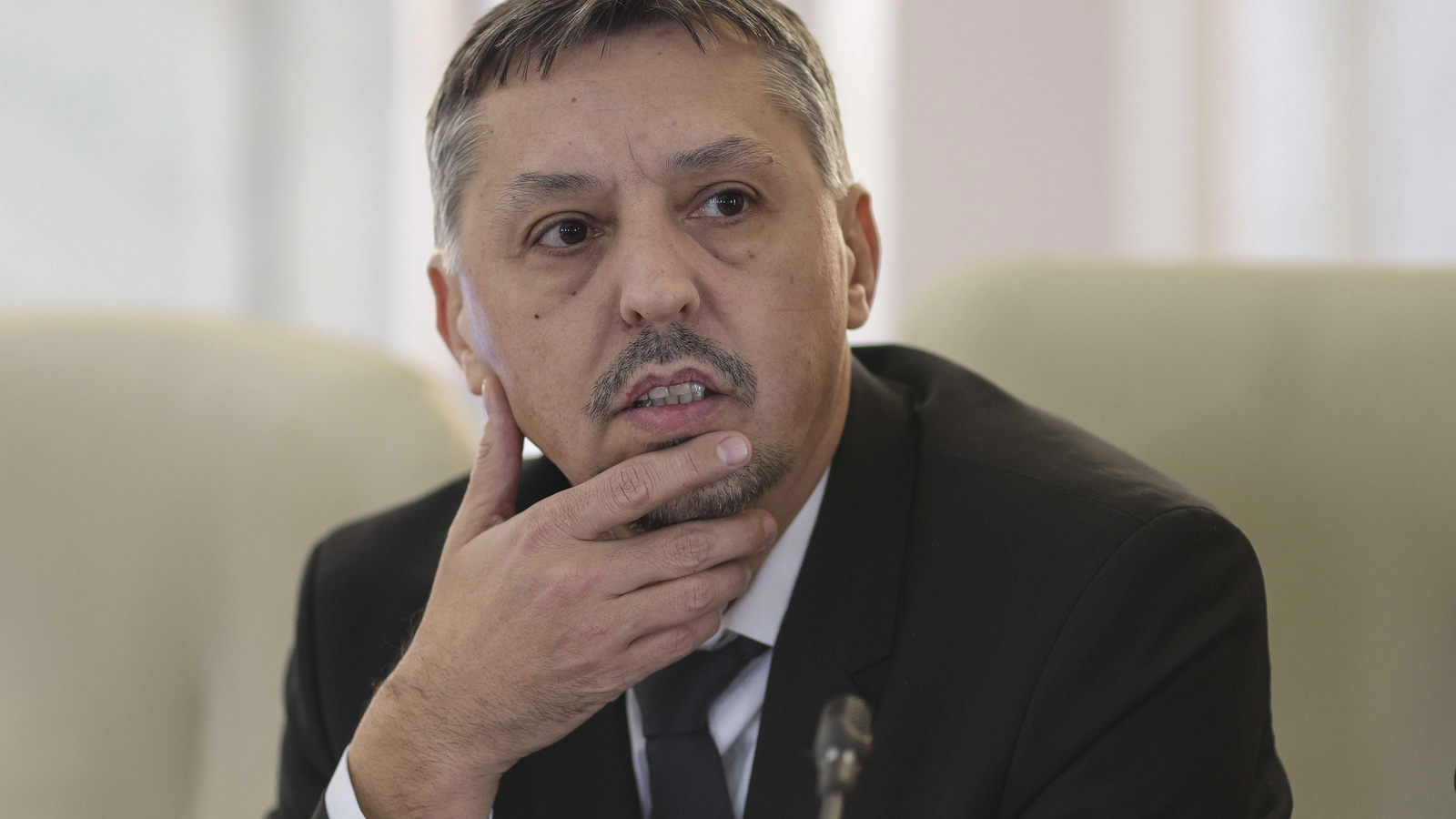Ensuring the smooth functioning of daily activities within the education system represents, in the first stage, one of the priorities of Education and Research Minister Daniel David, as he told AGERPRES in an interview that he had begun to make a "very careful" diagnosis of the entire sector.
"I want to see what is working well (...), so we can support it and develop it. I want to see what is working poorly, the reasons behind it, so we can correct those things. (...) For now, we will keep the existing architecture, we will make it more efficient, we will not change the architecture. What will happen in the second part of the mandate, we will see," said Minister Daniel David.
The minister tackled topics such as school equipment, measures to combat school dropout, performance indicators for teachers, the budget allocated to education this year, and national exams.
"We are working on the new high school curriculum, we will have teacher training methods to ensure they use attractive methods that engage students. Textbooks will be rethought. (...) At the same time, we will certainly continue equipping schools to change the educational environment, the learning environment," the minister showed.
"For the first stage, for me, it is very important - first: to ensure the smooth running of daily activities within the system, because the Ministry of Education and Research covers three very important areas - the pre-university sector, higher education, and research, which involve millions of stakeholders, children, students, teachers, administrative staff, etc. So, it is very important that daily activities function well," the minister said.
Minister Daniel David explained that also in the first stage he is interested in implementing the government programme and his vision to make the architecture of these sectors more efficient, as that will ultimately improve the daily functioning.
"I will give you a few examples: in the higher education and research sector. At the moment, we have about four active actors. We have universities, national research and development institutes, Academy institutes, and research units in various other private sectors. Very often, these actors do not cooperate with each other, they often overlap, and sometimes they enter into a rather destructive competition rather than contributing to cumulative knowledge. So, we are planning to evaluate this system and rethink and reorganise it, so there is room for everyone, but to replace these negative elements with cooperation that leads to cumulative development," the minister detailed.
In the pre-university sector, he mentioned some key aspects to be focused on as priorities.
"The first one was explicitly requested by the Prime Minister - namely, to develop performance indicators linked to salaries, as is said in the public space, but I would say regarding the incomes of those in the pre-university sector, because I believe that, as is the case with everyone in the public system, the base salary should be decent, and beyond that, we discuss performance indicators, bonuses, prizes, etc., to increase incomes. Also, in the pre-university sector, we will launch for public and national debate the framework plans for high schools, which have long been outdated. These are a few key aspects that I am aiming for in the area of education and research, which, as you can see, are somewhat related to broader aspects, the architecture, which, if done right, will make the daily activities more efficient," Minister David also said.
About school equipment he mentioned an ongoing project to equip laboratories on the digital component.
"The context in which learning takes place is very important. Often, school dropout is also linked to the educational environment. If the environment looks bad, is under-equipped, does not stimulate you, and does not encourage you to learn, this, along with other factors, certainly contributes to school dropout. I know that the ministry already has these projects underway. When I think about the equipment in schools, the improvement of infrastructure, and the provision of teaching materials, the goal is for approximately 5,000 schools to benefit from this initiative. When I asked my colleagues in the ministry, who are already implementing the project, what percentage of schools we cover, they told me that it is over 80%," he said.
In respect to the higher education area, he said one of his mandate priorities is to help universities better define their academic mission.
"In a university with a mission more focused on education or on both education and research, the entrepreneurial and dual components may be stronger. This way, we help students understand where they are going and what they are doing there, creating a stronger link between universities, the labour market, universities and local and national authorities, while also giving universities more power to have a say when going through various evaluation processes. Essentially, we strengthen university autonomy, because this mission is assumed and established by the academic community," Minister Daniel David pointed out.
Some of the measures in view to curve school dropout the minister mentioned are a new high school curriculum, teacher training methods, meant to ensure they employ attractive methods involving students, rethinking manuals, school equipment, and continuing the 'hot meal' or 'healthy meal' programme.
































Comentează